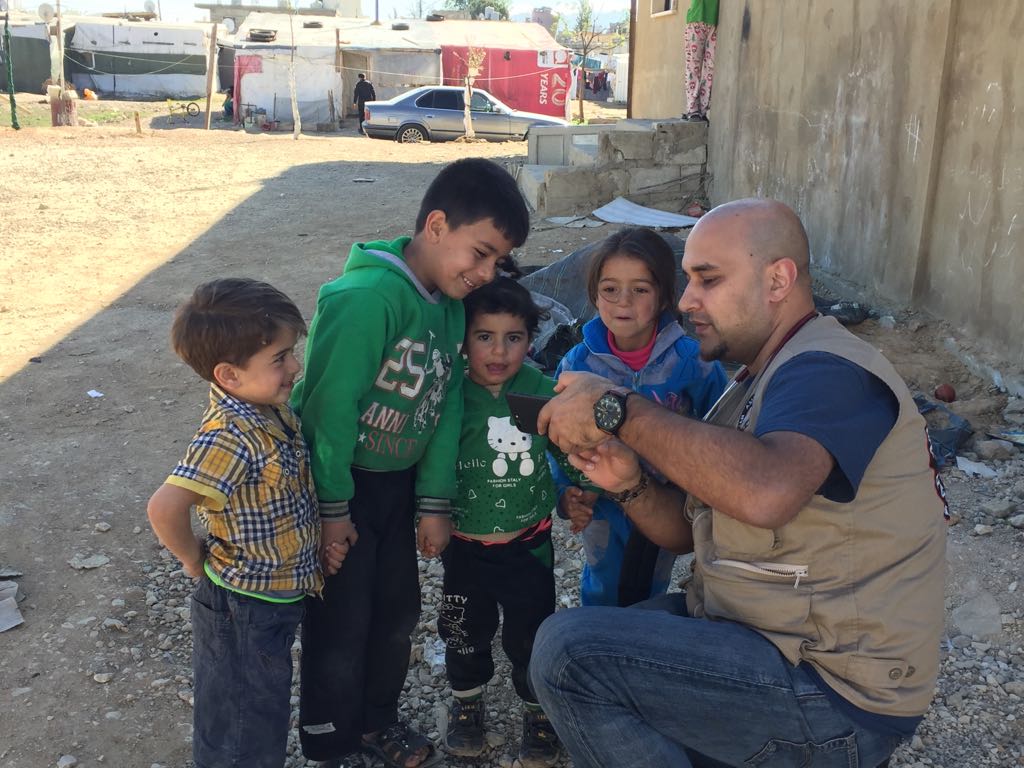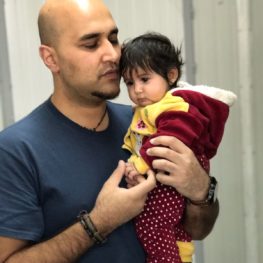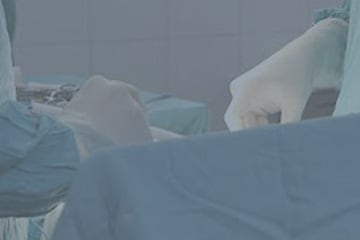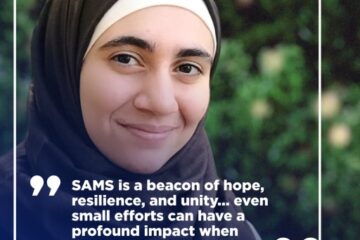June 20, 2017
Hundreds wait outside my clinic.
I call it a “clinic” but it could be anything from a disused storage shed to a makeshift school classroom for refugees. The patients know we only have a few minutes to talk about their symptoms before they disappear into a sea of tents or urban sprawl.
It is tempting to ask my patients about more than just their medical problem. I don’t need Arabic translation at this stage to know that trauma and pain lie beneath the surface. Their tired eyes, their dry hands and their posture of humility present signs of pain and despair. After they disclose their stories and medical history to me, there’s often a silence in the room. I respond with a state of shock, followed by words and gestures of reassurance, trying not to break down.
Having seen and treated over 4,000 refugees in countries such as Greece, Lebanon and Jordan, one learns the true definition of human resilience and courage through them. I joined the Syrian American Medical Society (SAMS) for medical missions, in which qualified physicians from around the world embark on journeys to provide dignified care to people displaced by conflict and persecution. There are some stories that have stayed with me until this day.
I thought it would be easier to process the raw emotions that follow each medical mission with increasing experience, but it is never as straight forward as one would think. I remember an 8 year-old Syrian child who came in for treatment with her mother and grandparents. After I completed the consultation, I was intrigued by her beautiful necklace. She told me that it was a memory of her father who was killed in an attack by Syrian forces. He had given it to her as a gift. She wore it to remember him. She and her family walked for many days before reaching relative safety in a neighboring country. I felt overwhelmed as her widowed mother’s eyes filled with tears, and her grandfather visibly mourned the loss of his son. In an effort to reduce their isolation and pain, I hugged her, and I told her mother that children will never be forgotten. Syrians affected by the crisis do not want to world to forget them. As my Syrian friend once said “We were killed twice. Once by the government and then by the silence of the world.”
Despite the pain I’ve encountered and felt amongst my patients, I draw my motivation from an 80-year-old Syrian man who had crossed into Greece from Turkey. He was struggling to breathe and showing signs of heart failure. He managed a quick smile and looked at me to say, “No matter how many hours or days I have left on this earth, at least I tasted freedom.”
Dr. Naveed Iqbal is a frequent SAMS Medical Mission volunteer, who most recently joined us in Lebanon for a medical mission. Dr. Iqbal is also speaking at SAMS’s 17th Annual International Conference in Istanbul, on the topic of “International Volunteering: Personal Challenges and Motivations.” To join us in Turkey, please register for the conference to save your spot!





